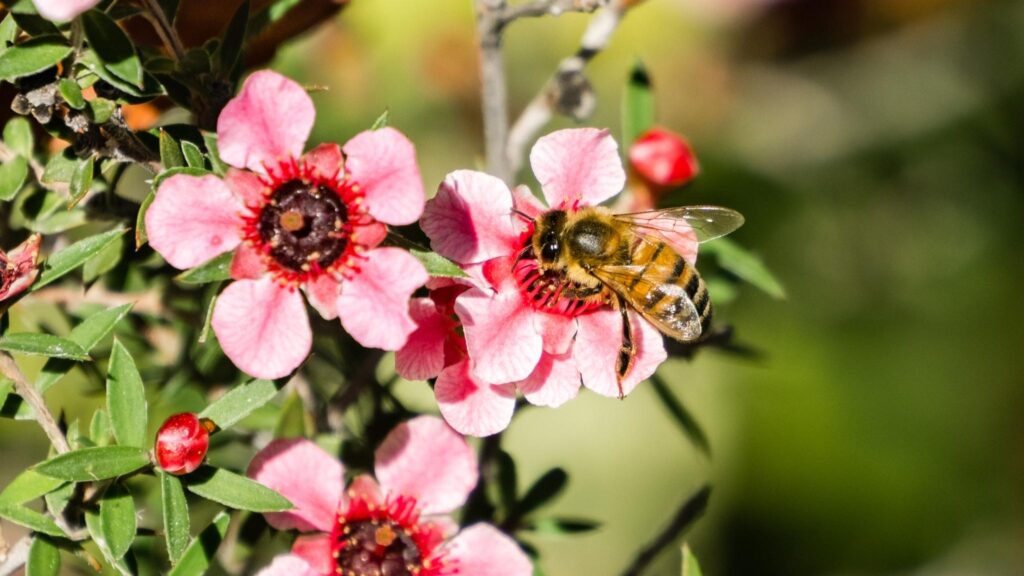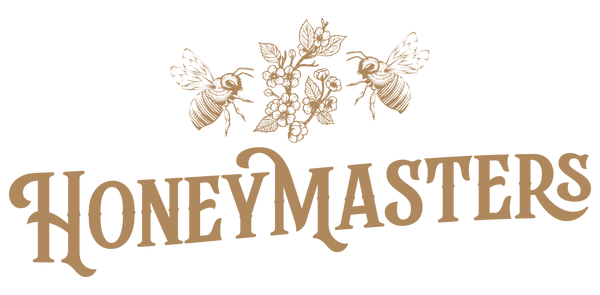
麥盧卡蜂蜜的起源:從古代傳說到現代奇蹟
分享
古老的毛利傳統與麥盧卡樹
早在歐洲人定居之前,紐西蘭的毛利人就尊崇麥盧卡樹。它不僅是蜂蜜的來源,也是他們日常生活的重要組成部分,為醫學、工具和建築材料提供資源。故事和傳說頌揚了它的神聖意義,展示了它在毛利文化中的深刻根源,並預示了它未來的重要性。
麥盧卡蜂蜜獨特特性的發現
麥盧卡蜂蜜的獨特品質直到近幾十年才被科學認識。由於甲基乙二醛 (MGO) 的抗菌特性,使其有別於其他蜂蜜。正在進行的研究不斷發現其潛在的醫學應用,增加了其全球聲譽。
麥盧卡蜂蜜產業:全球現象
最初由紐西蘭當地養蜂人進行的小規模經營現已發展成為一個全球性的產業。全球對麥盧卡蜂蜜的需求凸顯了其作為自然療法的有效性。然而,受歡迎程度的上升也帶來了挑戰,包括真實性和可持續性問題。
起源之戰:紐西蘭與澳大利亞
雖然紐西蘭最初將麥盧卡蜂蜜商業化,但它在2022 年輸給了澳大利亞的一場重要法庭官司。澳大利亞存在並被使用。澳洲麥盧卡蜂蜜的 MGO 含量高達 2300,現已獲得國際認可。
確保真實性和永續性
麥盧卡蜂蜜的流行導致了假冒偽劣產品的出現,因此品質保證至關重要。該產業現在的工作重點是保護消費者和促進永續採伐,以保護麥盧卡森林和蜜蜂族群。
麥盧卡蜂蜜的未來
在其經過驗證的藥用特性和全球對自然療法的需求的推動下,麥盧卡蜂蜜產業有望持續成長。確保真實性和永續實踐將是為子孫後代保留其遺產和可用性的關鍵。
重點
- 麥盧卡蜂蜜源自麥盧卡樹,原產於紐西蘭和澳洲。
- 高 MGO 含量賦予其獨特的抗菌性能。
- 紐西蘭普及了麥盧卡蜂蜜,但澳洲更古老的麥盧卡蜂蜜傳統和更高的 MGO 效力正在引起人們的注意。
- 永續性和真實性對於行業的未來至關重要。
